|
Peter Watts, The Freeze-Frame Revolution, Tachyon Publications, 2018. The Freeze-Frame Revolution is a hard scifi novella whose title is actually pretty self explanatory once you start reading. It's a clever mix of good concepts and old concepts, though some more allusive aspects may not be everyone's cup of tea. Sunday Ahzmundin is on life-long mission on the spaceship Eriophora to build gates across the universe. Life-long in her case means millions of years. The ship's AI, nicknamed Chimp, only wakes up the humans when they are needed; the rest of the time they spend in hibernation. As centuries go by, they go further and further across the galaxy, as Chimp has them carrying on the mission without any news from where they have started. Of course, you can see where it is going, what with the title and all. Yes, The Freeze-Frame Revolution will oppose an AI following its original orders and humans (partly artificial?) rebelling against it. It could be easy to make a comparison with 2001, though it differs in many ways. Both HAL and Chimp exist in relation to both humans and their orders, but whereas HAL fights contradictory orders*, Chimp appears both less and more human. It makes for an interesting AI character. The challenge for the humans is how to fight an all seeing and all reaching, almost all powerful, adversary, who can wipe them out during their hibernation. I particularly enjoyed the fact that Watts doesn't go for easy cop-outs even if some could find the ending a bit over-the-top. To me, one of the strongest, but also at times frustrating aspect, of the novella, was how much there was in the margins, left untold, barely glimpsed. The newly built gates sometimes let slip some monstrous creatures. Who or what are they? What happens to the humans? In a sense, The Freeze-Frame Revolution is much more closer to a true proletariat story than most I've been reading recently which have tried for it. We don't know what happens to the masters (the humans), their mission objectives unknowable to the workers. We only see the worker's point of view, condemned to a servitude which alienates them from making any meaningful decision or from ever going back to their home planet. An in-depth Marxist critique of the novella would most certainly find much in it. The overall tension is very well done, going up and up, until an action packed finale. As for the characters, I enjoyed Sunday as a main character. The dilemmas she faces and her response to them felt quite spot on. Chimp was also interestingly written. As a reader, it left you with a sense that it could go either way, and it was a very interesting ambiguity. The resolution of this tension was nonetheless very cohesive both with the point of view and the nature of the characters involved. I was less keen on the secondary characters, and particularly on one of them. Though I could see why she would do that, or go there, I felt the nature of the narrative choices made it a bit too opaque to the point she felt a bit flat in the end. The Freeze-Frame Revolution was an excellent surprise. In itself, it may seem a bit too overworked, or using too many déjà-vu concepts. But the execution led to a story that very cleverly inserts itself in many literary and genre traditions, and pushes the envelope, particularly in the social literature tradition. But you can also just read it for a space adventure, and it works just as well! The writer's website. * I'm obviously referring to 2001 as a novel here, which I find more subtle than the film. Though, the film, stunning visuals and all... If you've liked The Freeze-Frame Revolution, you may also like
0 Comments
Your comment will be posted after it is approved.
Leave a Reply. |
All reviews are spoiler free unless explicitly stated otherwise.
I only review stories I have liked even if my opinion may be nuanced. It doesn't apply for the "Novels published before 1978" series of blog posts. Comments are closed, having neither time nor the inclination to moderate them. |
WHAT IS THE MIDDLE SHELF?
The middle shelf is a science-fiction and fantasy books reviewS blog, bringing you diverse and great stories .
PLEASE SUPPORT AUTHORS.
IF YOU LIKE IT, BUY IT. |
ON THE MIDDLE SHELF
|
KEEP IN TOUCH WITH THE MIDDLE SHELF
|
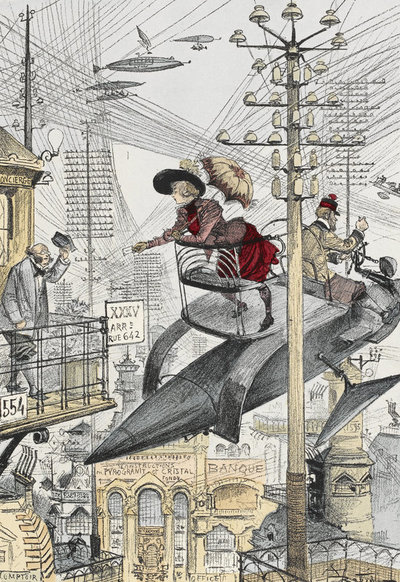
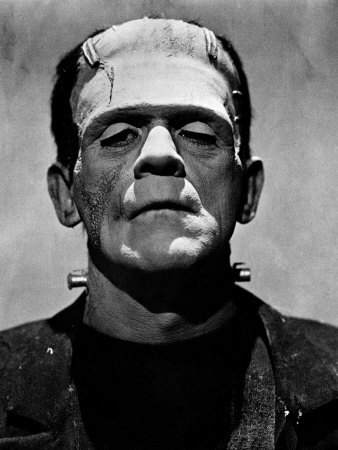
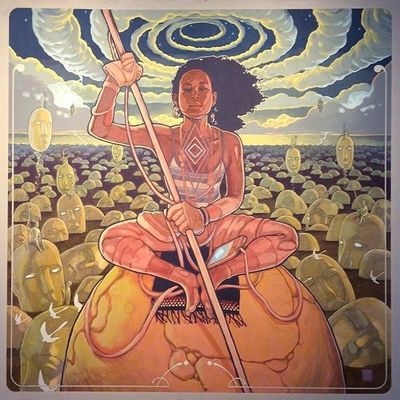
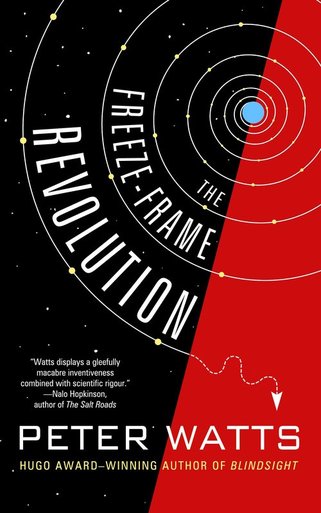
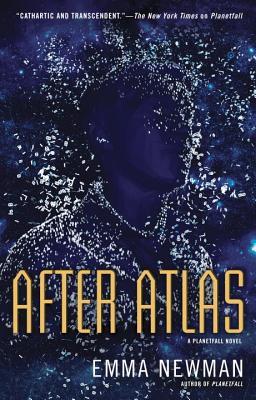
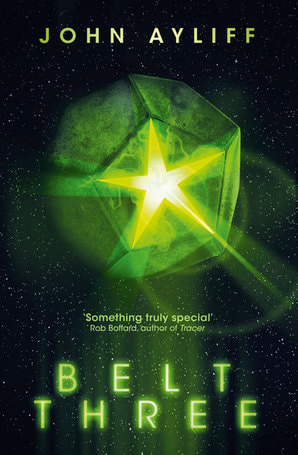
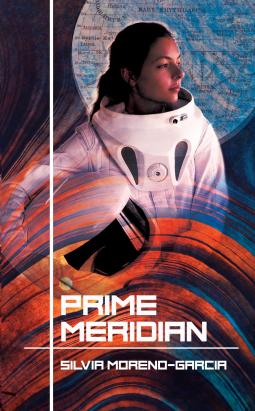
 RSS Feed
RSS Feed
